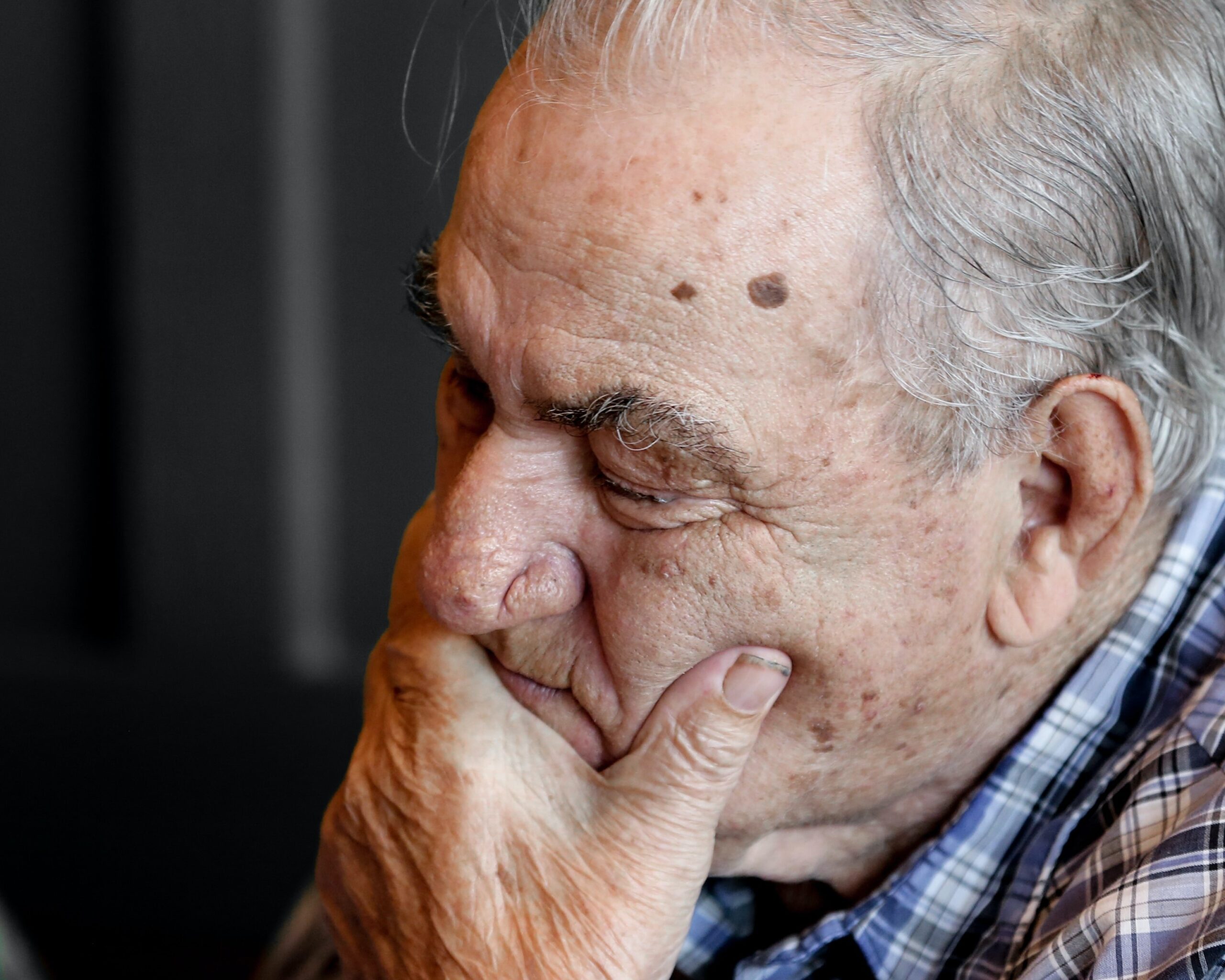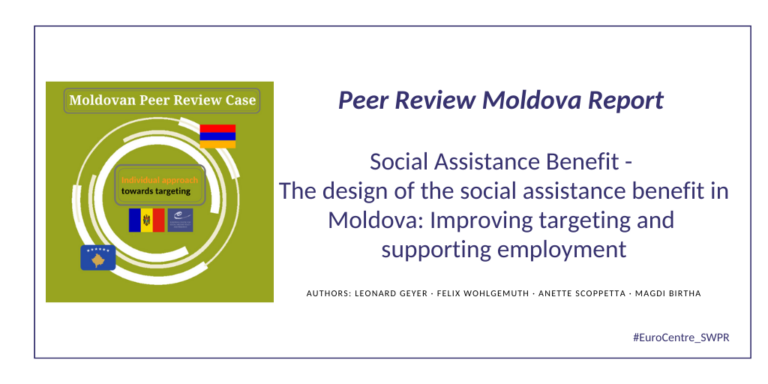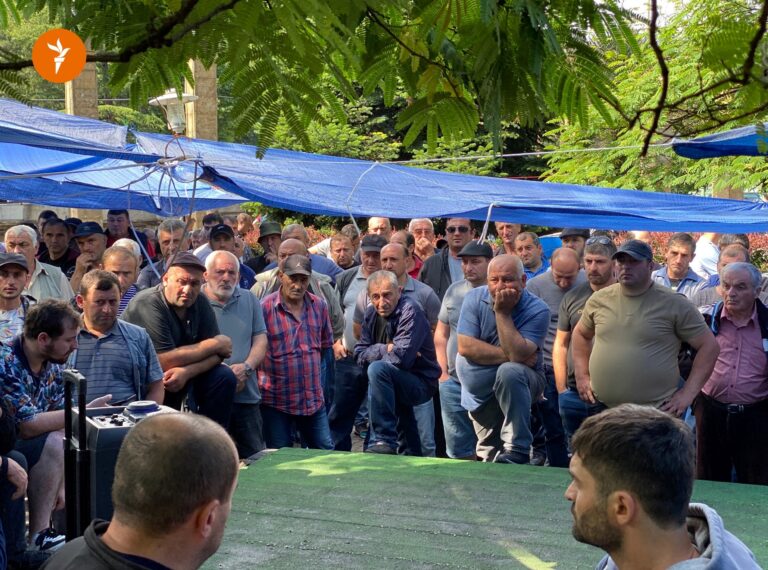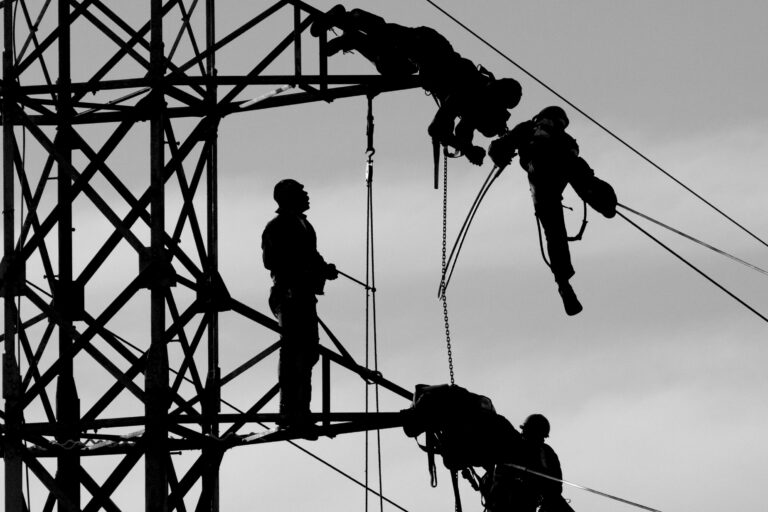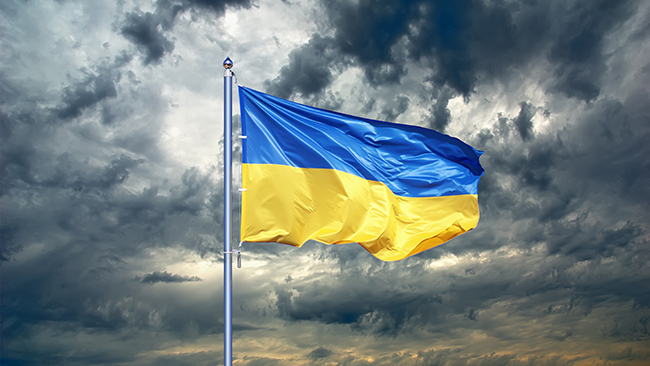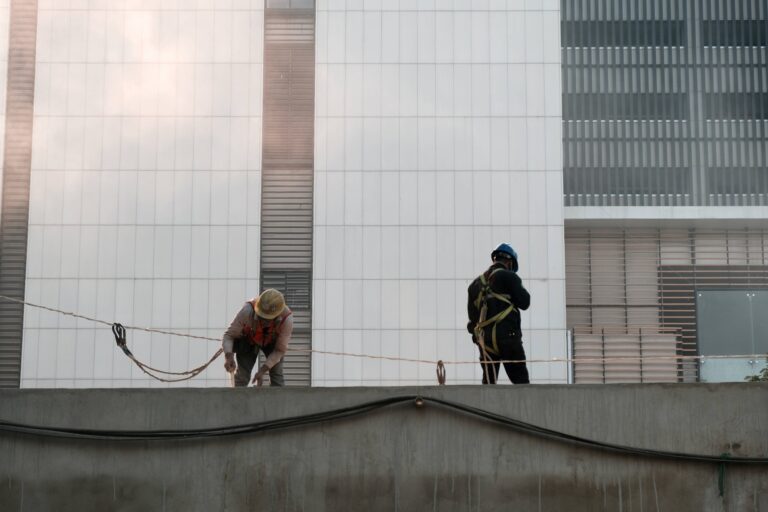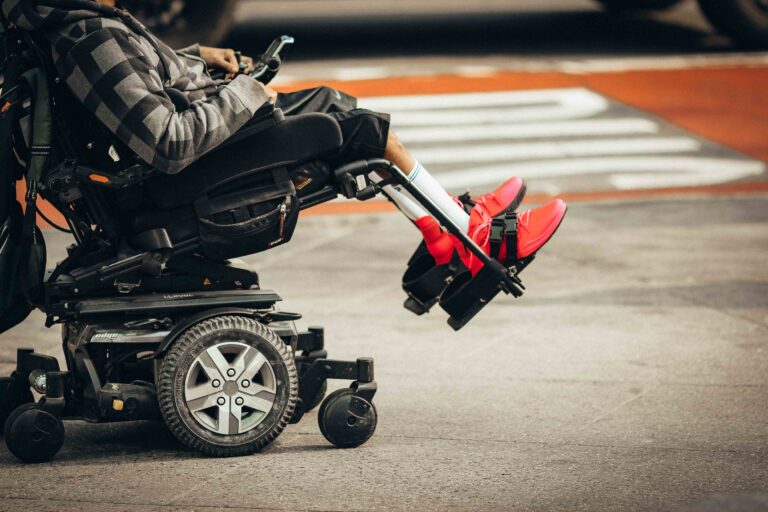Building Awareness on Dementia in Ukraine before and during the COVID-19 pandemic
Galina Poliakova, Executive Director, Ukrainian Charity “Turbota pro Litnih v Ukraini”
The Ukrainian Charity “Turbota pro Lintih v Ukraini” (Age Concern Ukraine – TLU) is a national voluntary organisation uniting about 1500 volunteers aged 60+ whose aim is to protect the rights and interests of older people. The TLU has been working on dementia related issues in co-operation with the Austrian Diakonie, a merited charitable voluntary organization of Protestant churches, since 2017. The main areas of focus have been raising awareness on dementia related problems, consolidating the efforts of various stakeholders, and elaborating various approaches to meet the needs of people with dementia and their carers.
According to Ukrainian legislation social services are provided from municipal social protection departments for free to old lonely people without any mental health problems. Old people suffering from mental health problems must be cared for from special agencies. Unfortunately, these agencies do not exist, yet. In other words, nowadays in Ukraine there are neither public nor private services to provide care for people with dementia or any other agencies to support their informal carers – the families caring for their parents and/or grandparents with dementia. The prevailing majority of informal carers are women. They often sacrifice their career, their personal development, private life, and so on. These people find themselves alone with their own pains and needs. Quite often they can hardly understand the roots of the problem, have neither practical skills nor theoretical knowledge of caring for people developing the symptoms of Alzheimer Disease Related Dementia (ADRD).
To respond to the need for support, the TLU has established self- and mutual-help groups (SMHG) in 9 Ukrainian cities. The SMHGs are already bringing together several hundred families caring for their relatives with dementia and are open to new members. Interested people who come to the SMHG receive advice and/or information and take part in training sessions or other forms of consultations. SMHG participants can also provide support to each other, share their experience, as well as find sympathy and understanding. Consultations with psychologists, rehabilitation experts, notaries, lawyers and other professionals are also organized upon request. Each SMHG group is run by TLU trained volunteers.
As the staff of the municipal social services that deal with this category of clients does not necessarily have any special training, the TLU team has developed training programmes for informal carers and for carers working in the municipal social services departments as well as other providers. So far, training sessions have been organized in 18 Ukrainian cities to enable 1800 formal and informal carers to learn new skills and knowledge.
In addition, it is not a secret that people with dementia may suffer from elder abuse or become abusers because of the symptoms related to dementia. That is why TLU developed a training programme for the employees of the National Police. More than 500 District Police officers in 18 cities attended the training sessions. A study video was also produced and made available to the police officers and wider public on YouTube.
During our fieldwork we realized that lonely old people with the symptoms of ADRD may not visit doctors to discuss their symptoms and may also not recognise their own problems. As their behaviour may look rather odd, it often attracts the attention of police officers during their routine work or when certain people with dementia have interactions with the police because of issues that might be caused by hallucinations or other ADRD symptoms. So, police officers are often on the front-line and are the first to come to the scene of the incident.
Another target group have been schoolteachers and school psychologists. Traditionally Ukrainian families in the same household consist of three or even four generations. As the life expectancy is growing steadily children may have both grandparents and great-grandparents. Whilst their parents as breadwinners are busy at work all day, we assumed schoolchildren have usually more contacts with the elder generations and may recognise certain changes in their behaviour. Hence, we organized meetings with school psychologists in 18 cities. They confirmed that schoolchildren are indeed involved into the family matters of that sort. They also suggested that together we work out some appropriate and non-traumatising study materials (preferably in video format) to inform schoolchildren about signs and symptoms of ADRD and what to do in these cases. This initiative is still ongoing.
When the COVID-19 pandemic spread in Ukraine, a number of restrictions to mobility and quarantine measures were put in place. The quarantine and other restrictions meant that TLU had to put on pause the activity of the SMHGs. This had an immediate disadvantageous effect – people felt abandoned and isolated. While the SMHG meetings could not be held anymore because persons with dementia and their carers are in the high-risk group, we took alternative measures to continue to provide some support. To support elder informal carers, TLU developed a “Forget-me-not” scheme: volunteers made telephone calls to these families at least twice a week. These telephone conversations helped to break isolation, to provide moral support, to reveal most urgent needs and to find the tool for its solution. Old people in Ukraine seldom have personal computers and access to Internet, that is why the “Forget-me-not” volunteer service has also proved to be a valuable and reliable source of the much-needed information and practical support for these target groups. Volunteers reveal the problems and make the necessary arrangements to find a proper solution, contact the corresponding agency or official, or simply provide emotional support. The effort continues.

